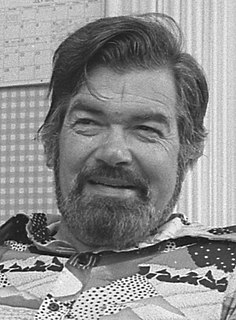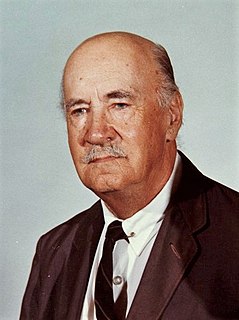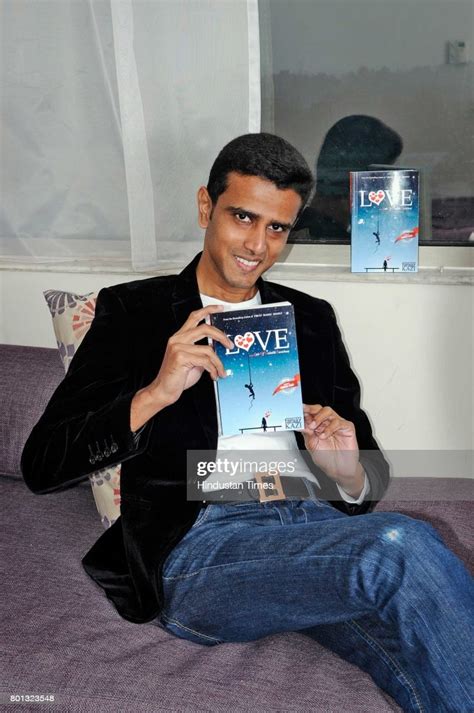A Quote by Robert Frost
Poetry is what is lost in translation. It is also what is lost in interpretation.
Quote Topics
Related Quotes
The world is full of people who have lost faith: politicians who have lost faith in politics, social workers who have lost faith in social work, schoolteachers who have lost faith in teaching and, for all I know, policemen who have lost faith in policing and poets who have lost faith in poetry. It's a condition of faith that it gets lost from time to time, or at least mislaid.
The notion of dream interpretation far antedates the birth of psychoanalysis, and probably served an important function in most, if not all, historical societies. In having lost this function, modern man has also lost the best part of his nature, which he obliviously passes on to the next generation of dreamers.




































